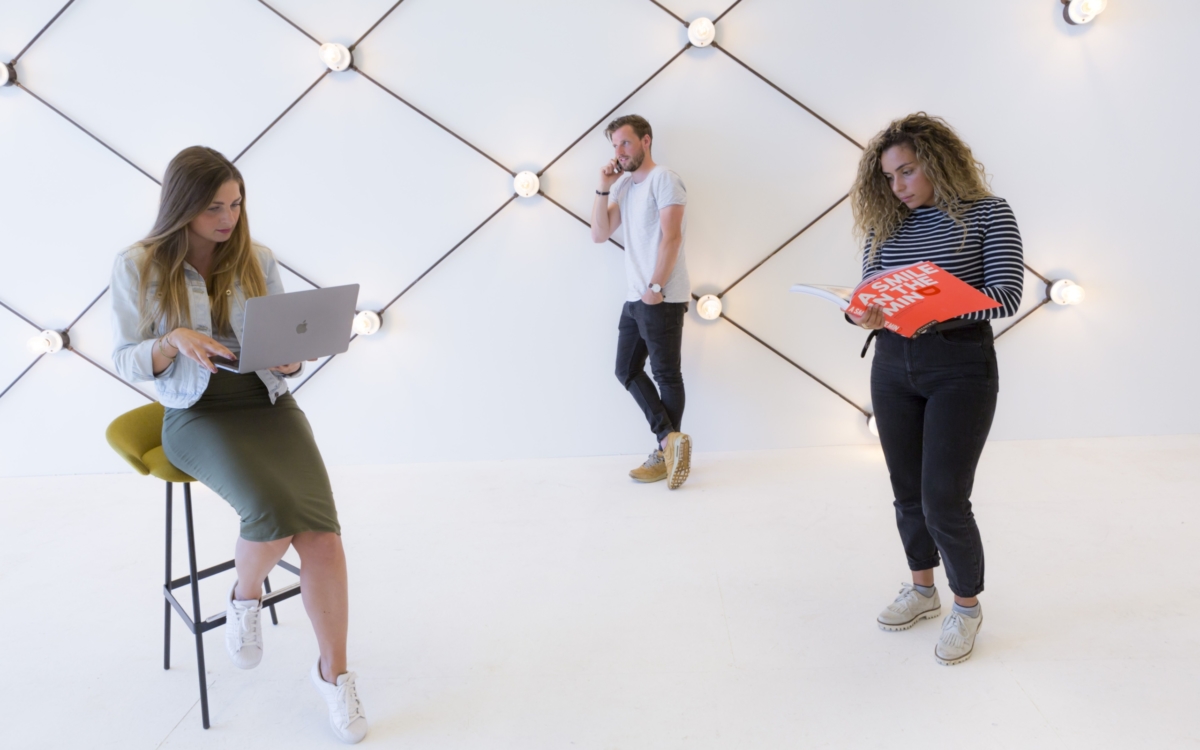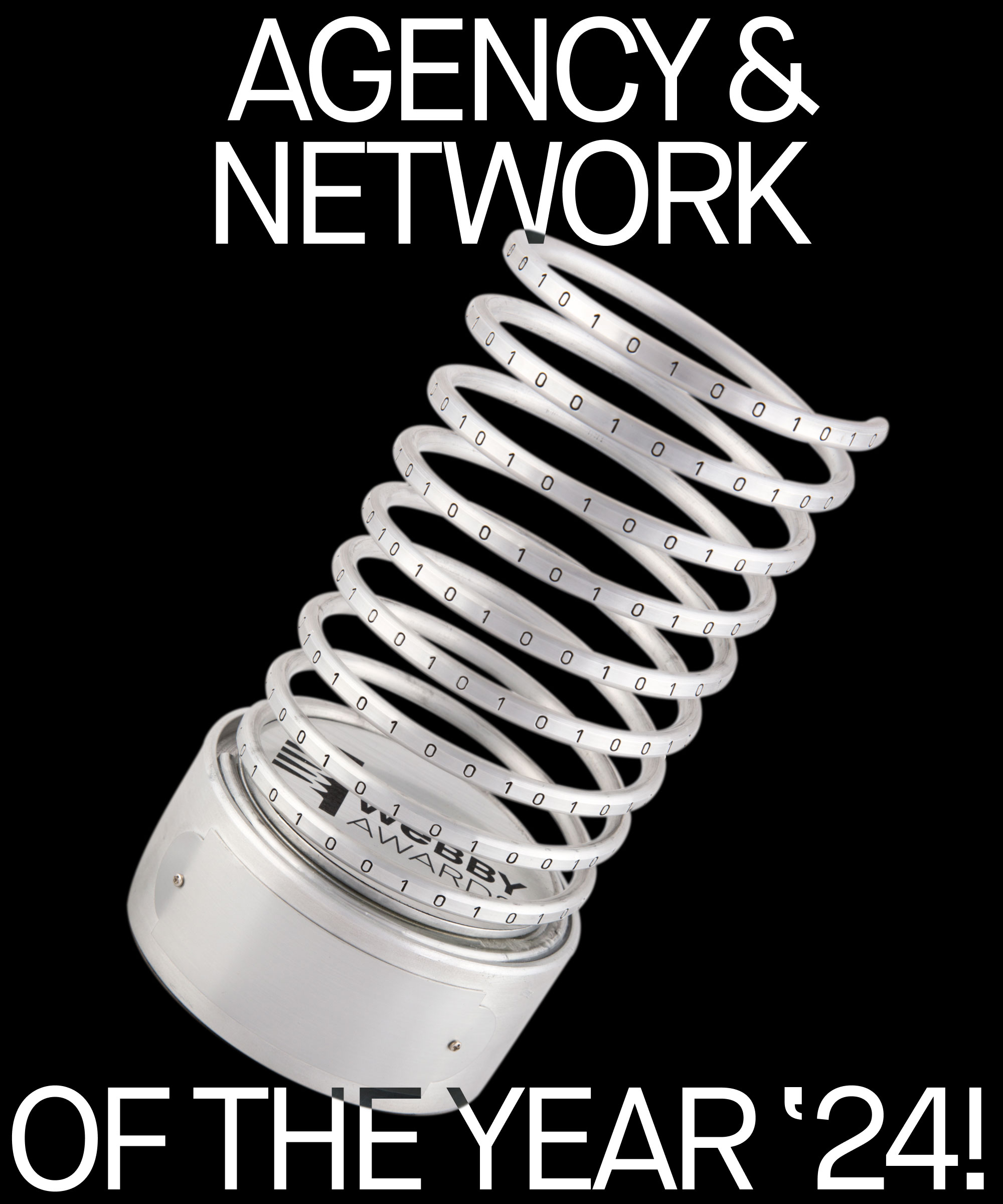Imagine it’s March 2019 and somebody suggests that the world would continue even if all people worked from home and only communicated at a distance. If entire schools and universities went online. If concerts were held in the guitarist’s living room and streamed into people’s homes. Outrageous, isn’t it? Imagine a list of all the counter-arguments the 2019-version of yourself would have come up with to explain why this would never work, not in a million years.
Twelve months later, in March 2020, everything has changed. In a matter of weeks, things have gotten weird and scary and possible. We are currently witnessing the global spread of COVID-19, a potentially deadly virus that is threatening to kill some of the weakest members of our societies, overburden our medical infrastructure and have a devastating impact on the economic status quo. People are scared of an uncertain future. But people are also showing an immense wave of adaptiveness, humanity and solidarity to make it through these complicated times.
A new imperative
By fast-forwarding social, political and technological developments* the Corona-Crisis is increasing the pressure on people, businesses and organisations to reinvent what they do. And a surprising amount of them will transform faster and more thoroughly than ever seen before. But there are also those who were already overwhelmed by the rate of change in the Pre-Corona era. These people, businesses and organizations will be hit the hardest. Obviously, a crisis of this magnitude will not go by without casualties. The key question is whether we understand that our (economical) survival depends on our ability to develop a positive outlook on the future and adapt to whatever the Post-Corona world will look like. That is the imperative of the present: we must seize the opportunity to re-think the status quo and build a better tomorrow.
The path to the next normal will consist of short-term- as well as mid- and long-term measures. In the short term, people, businesses and organizations must preserve at least some ability to act. By ensuring short-term business-continuity they protect the foundation for building a new world. This is what happened at our agency over the past few weeks: we kept DEPT® up and running by fully digitising our status quo. By turning meetings into video calls. By virtually pitching to potential clients. By inventing and establishing remote versions of our key services. Most importantly, we managed to keep the human side of DEPT® intact. The culture of togetherness and solidarity and friendship that lived on in lunch, after work, and beer-hangouts. People were pitching in. People were listening. People were there for each other. We kept each other safe and sane and happy. These accomplishments have changed this agency for the better. They have made DEPT® more flexible, more efficient, more resilient.
The big picture
Understandably, most people, businesses and organizations are currently focussing on their short-term survival and have little capacity left to think about mid- and long-term measures. But luckily there are trend researchers and analysts who have started to make sense of the big picture. Over the past few days, we have seen an increasing amount of voices that called for a positive long-term view on the Corona-Crisis and its potential to mend some of the issues of the Pre-Corona-Status Quo. Matthias Horx, a future- and trends-analyst at Zukunftsinstitut, puts it like this: “Maybe this virus is a messenger from the future, its drastic message being: the civilisations humanity has built have become too dense, too fast, overheated. They have rushed in a direction that does not bear a future. But civilisations can reinvent themselves. Reset their systems. Cool down. Play music on balconies. This is how we build our future.”
Yes, the status quo is in serious jeopardy. The changes brought about by the Corona-Crisis will most likely disrupt it irreversibly. What can we do to make these changes bearable? For one thing, we should acknowledge that there are many positive developments we could start building upon. In the midst of all the craziness, we see a renaissance of science in the public sphere. We see the failing and consequently the decline of populism. We see people going back to spending time together, as families, as friends, within their homes or remote. We see an adorable amount of improvisation to maintain our routines. We see pressing social issues being put back on the agenda, from the gender pay gap to the understaffing and undervaluing of caretakers and other low-income groups. We see a decline in environmental pollution that gives our planet a chance to catch a breath.
We must act now
What if we could build on the positive developments this crisis has brought about to shape the post-corona world? A world where people will most likely be more conscious of their physical, social and material needs. A world where the economy has evolved to provide for these needs instead of serving an end in itself. A world where technology is a means to satisfy these needs by enabling human interactions. A world where a digital agency helps businesses understand and satisfy these needs – by giving them access to creative methodology, technological infrastructure and the ethical use of data and intelligence.
The time to shape the Post-Corona world is now. After all, the measures that are currently being taken on a personal, business-, national and global level are already setting the precedents for our new lives. Plus, the window for positive change is closing. When the novelty of hangout parties and free concerts in live streams starts to wear off. When the clapping for hospital staff on balconies draws less and less people without leading to actual changes. Even the Zukunftsinstitut lists Matthias Horx‘s text (as quoted above) as only one out of four different scenarios, with the other three painting a somewhat darker picture of the future. A lot depends on the next few days and weeks. On how harsh the shutdown of public life, the short-term consequences for the economy and the long-term impact on the world we knew will turn out to be.
Are you ready to build the post-corona world?
Whether the future holds a slightly better version of the old status quo or whether we need to find our way through an all-new shut-in economy – let us imagine and build the Post-Corona world together.
Here is what you can do to help: adopt a mindset that enables you to drive positive change.
- Broaden your perspective. You won’t find a map to guide your business through these complicated times by sitting in the cave that is your Pre-Corona organization. This is the time to keep your eyes and ears open, to develop an all-new curiosity, to be humble and honest about the many things you don’t know or understand. This is the time to listen.
- Understand people. Your own life has changed and so has everybody else’s. Some of those changes you can fathom, others happen so far out of your social bubble that they might be utterly
- Matter. Even before the Corona-Crisis, there were reports suggesting that people wouldn’t care if 80% of all brands disappeared. This doesn’t come at a surprise after all businesses were battling for the consumers’ attention and money in an oversaturated market place. This is the time to explain why you and your business need to be part of the 20% of brands that remain.
- Go digital. During the Corona-Crisis we see the reinvention of our daily lives through digital technology. The collective experience of gadgets and applications enabling our functional, social and emotional interactions will increase the trust in and the demand for digital infrastructure, products and services. This is the time to build valuable user experiences.
- Go agile. Stop planning for a future that might not be known, at least not for a while. It is not about control, it is about culture. It is not about setting rigid deadlines, it is about managing fluid communications. Build an environment that enables people to constantly reinvent your business. This is the time to adapt, again and again, and again.
- Pace yourself. Going in full crisis mode usually means doing more and doing it faster. But this particular crisis is a marathon, not a sprint. Use your attention, your strengths, your energy wisely and spread out your resources over time. Don’t waste all of your ammunition on short-term solutions. This is the time to play an infinite game.
- Take care of yourself. It might feel like people need you to be there. And you will. But the most important thing you can do is to stay sane. Because you won’t be able to be there for anyone if you don’t. This is the time to meditate. To do yoga. To go running. To start learning an instrument. Or drawing sketches. Whatever floats your boat and makes you stronger.
* Many of the sources linked in this article are written in German. We apologize to our international readers for the inconvenience.
More Insights?
View all InsightsQuestions?
Head of Digital Strategy





